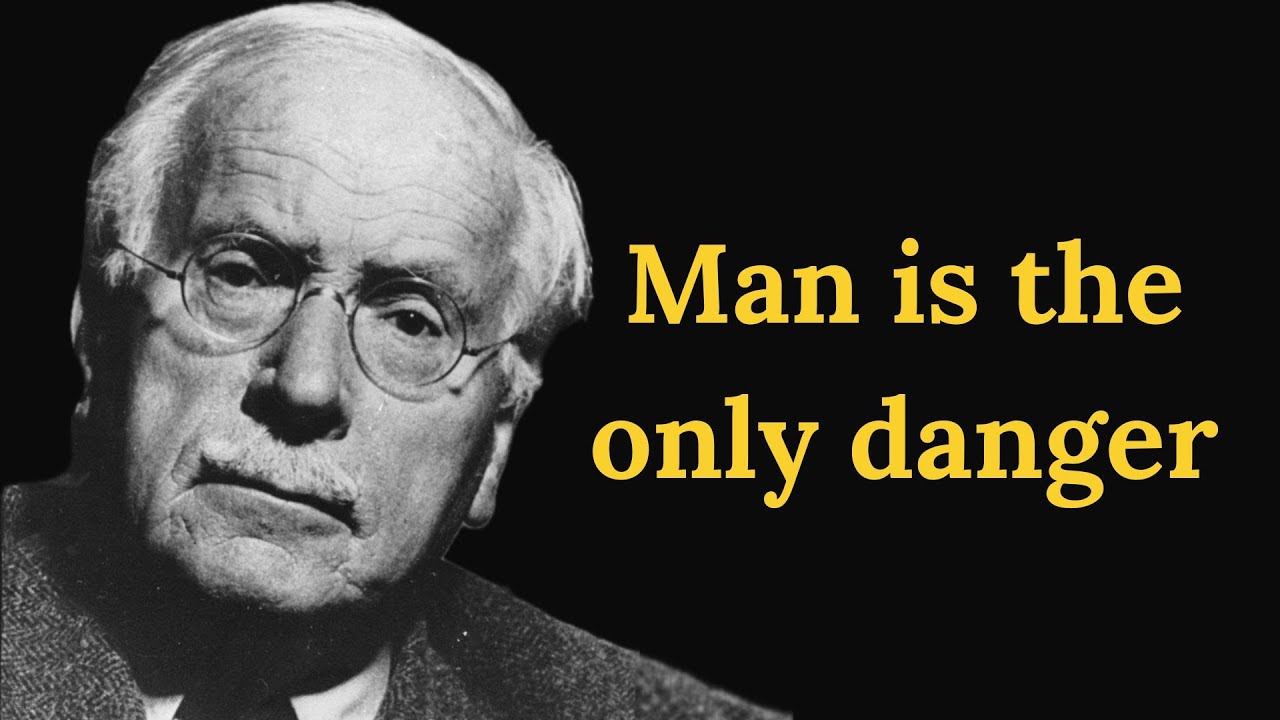The video explores Carl Jung’s assertion that the greatest dangers we face are rooted within ourselves, emphasizing the importance of introspection to confront our fears and insecurities. It highlights the need for self-reflection and empathy to foster personal growth and societal transformation, ultimately suggesting that the power to create a better world lies within our own awareness and actions.
The video discusses Carl Jung’s assertion that “the only real danger is man himself,” emphasizing that the greatest threats we face are not external, but rather stem from within ourselves. In a world filled with natural disasters, pandemics, and economic instability, Jung’s insight remains relevant, as individuals often look outward for the causes of their problems instead of examining their own psychological makeup. This introspection is crucial for understanding the fears, insecurities, and impulses that may be at the root of personal and societal struggles.
Jung’s concept of the unconscious plays a significant role in his understanding of human nature. He viewed the psyche as a complex system, with much of it hidden beneath the surface. The unconscious contains both creative potential and destructive tendencies, which can manifest in harmful ways if left unacknowledged. One of Jung’s key ideas is the “Shadow,” representing the parts of ourselves that we deny or repress. By ignoring these aspects, we inadvertently give them power, leading to negative consequences in our lives and society.
The video highlights the dangers of projecting our Shadow onto others, which can result in conflict and violence. Jung warned that failing to confront our inner darkness risks being consumed by it. Confronting the Shadow requires courage and a commitment to personal growth, but the rewards include greater self-awareness and the ability to navigate life’s complexities more effectively. The example of Viktor Frankl, a Holocaust survivor, illustrates how confronting one’s fears and despair can lead to profound transformation and a sense of purpose.
Jung also emphasized the importance of understanding human behavior as influenced by collective forces, known as archetypes. These universal patterns shape our experiences and interactions, and by studying them, we can gain insight into our personal struggles. However, Jung cautioned that understanding these patterns is not enough; we must take responsibility for our actions and strive to act with integrity. This dual recognition that we are both the source of our problems and the key to their resolution is crucial for addressing contemporary challenges.
The video concludes by urging viewers to engage in self-reflection and empathy as essential practices for personal and societal transformation. By examining our motivations and fostering understanding of others, we can break down barriers and create a more compassionate world. This lifelong journey of self-discovery and connection is vital for addressing issues like climate change and social inequality. Ultimately, the power to create a better world lies within us, and by becoming more aware of our inner world, we can begin to transform the outer world.
